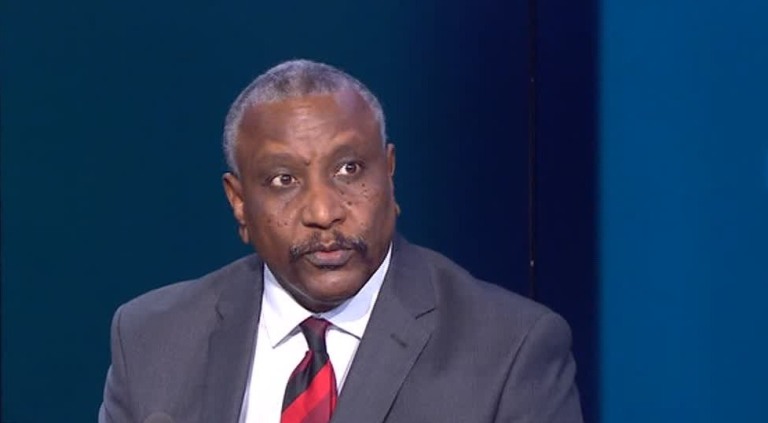Challenges facing UN initiative on Sudan’s crisis require important steps
February 7, 2022 (KHARTOUM) – Yasir Arman Deputy Head of the SPLM-N, and Member of the Executive Office of the Forces for Freedom and Change (FFC) said that the United Nations process faces many challenges that require important steps to ensure a successful settlement of the Sudanese crisis.
Last month, the UN Integrated Transition Assistance Mission in Sudan (UNITAMS) launched a series of consultations aiming to bridge the gaps between the stakeholders and facilitate a Sudanese-led process to find a way out of the political crisis that paralyses the country after the October 25 coup.
Asked by the Sudan Tribune about the process and how the FFC groups intend to deal with the UNITAMS initiative, Arman pointed out that this process can play a significant role in the resolution of the current crisis.
“The importance of the initiative, also, lies in the international support it enjoys, especially since there is a lack of trust between the (Sudanese) parties,” he stressed.
The international community has suspended the economic support to Sudan after the military coup by Gen Abdel Fattah al-Burhan Commander-in-Chief of the Sudanese army.
The resumption of this crucial international support depends on the re-establishment of the civilian-led transition to complete the reforms including a reform of the security sector and its economic activities.
He further pointed out that the initiative “faces challenges” especially the failure to create a conducive environment for dialogue and building trust between the parties.
The confidence-building measures require “stopping the killing and preserving basic human rights as an entry point for the resolution of the constitutional crisis,” he said.
Arman who led the SPLM-N negotiating delegation for peace talks for more than ten years stressed the need for a time limit to avoid repeating the “national dialogue experiences” of the former regime.
Regarding the course of the process, he told the Sudan Tribune that there is a need first to resolve the constitutional crisis, and restore the civilian authority to complete the transition before holding a constitutional conference.
“The first step must be to resolve the constitutional crisis which involves three forces: the forces of revolution and change, the military component and the parties to the peace process. Once the constitutional crisis is resolved, the government of the Democratic Civil Authority oversees a broad dialogue of the Constitutional Conference, which is more inclusive than (the resolution of) the constitutional crisis,” he said.
The coup leader and his supporters call to open the transition and to amend the 2019 Constitutional Declaration to include the groups that were allied to the former regime.
FFC groups reject this request saying that including these groups aims to hamper the reforms particularly allowing the military to keep intact their economic activities but also preventing the handover of the wanted former leaders to the international justice.
Al-Burhan’s pledge to hand over power
Several days ago, in El-Fasher General al-Burhan vowed to transfer power to civilian authority in two cases: to an elected government or if a national consensus is forged.
Commenting on this pledge, Arman noted that it was the first time that the coup leader speaks about the national consensus as a possible solution for the resolution of the crisis.
However, Arman said this mention to the national consensus raises many questions.
“Is this consensus should occur between the forces of revolution and change or between the forces of the old regime? How and what is the mechanism to reach this political consensus under the coup? Does that mean accepting a democratic civil transition that ends the coup?”
(ST)

